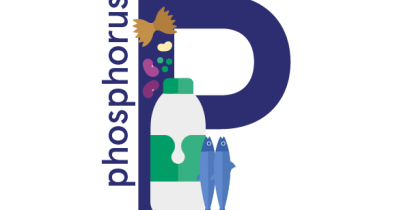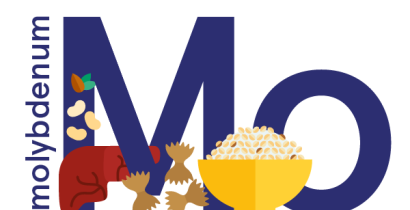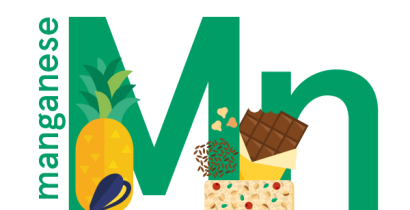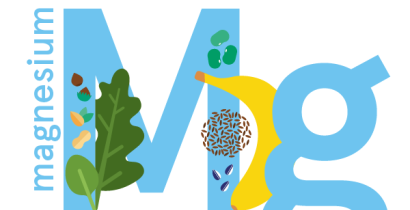Copper: foods, functions, how much do you need & more
Last Updated : 11 January 2021Copper is often found in electrical wires, but also our bodies need this element to function properly!
What is copper?
Copper is one of the trace elements, which our bodies only need in small amounts to keep healthy. We can find it in a variety of foods, as well as in drinking water.
What are the functions of copper?
Copper is needed by 12 enzymes in our bodies, which in turn are involved in a wide range of functions. For example, copper helps our bodies produce energy and helps to form important neurotransmitters, which support the healthy function of our brain and nervous system. Copper is also needed to form our connective tissue, supports the production of melanin in our skin and helps the transport of iron in the body. This mineral is also involved in many oxidation-reduction (redox) reactions that are continuously happening in cells to support many of our vital functions.
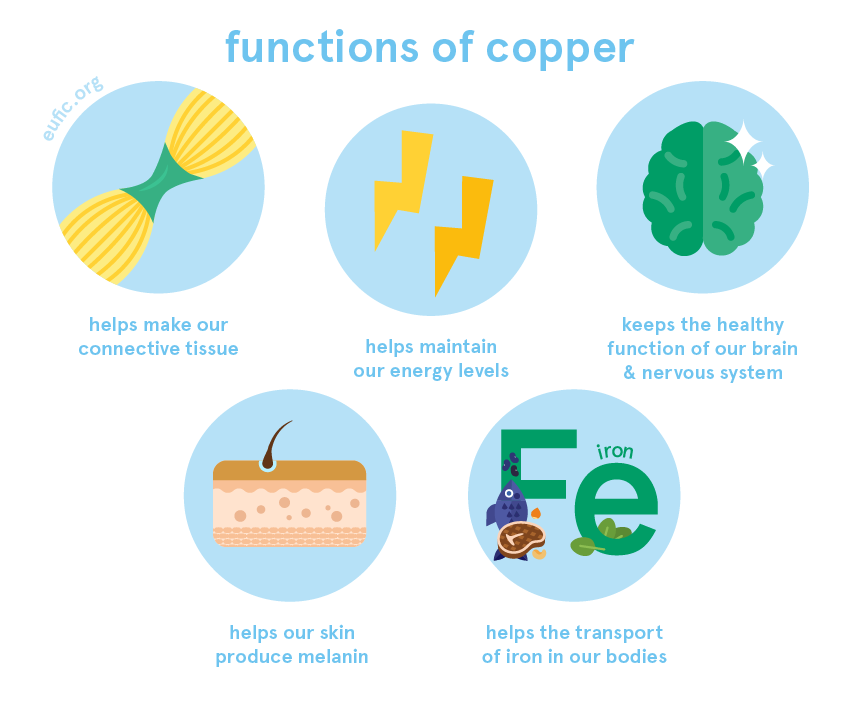
How much copper do I need per day?
How much copper you need per day changes according to your age, sex and life-stage.
The dietary reference value (DRV)* for healthy adults (over the age of 18), including during pregnancy and lactation, is between 1.3-1.6 mg of copper per day.
We can get enough copper by eating a variety of foods. Following your country's dietary guidelines on a healthy and balanced diet will help you meet your needs for copper.
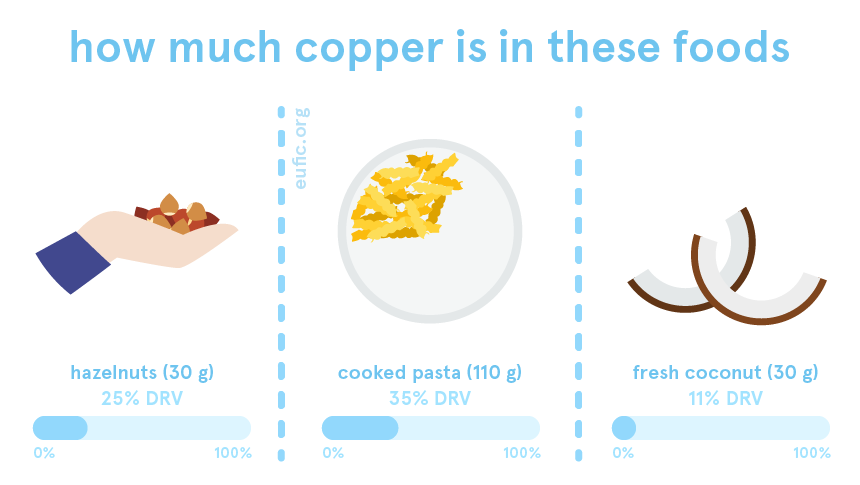
* These values are based on the adequate intake (AI) estimates from the European Food Safety Authority (EFSA). They should not be interpreted as nutrient goals. To know more about DRVs in Europe click here.
What foods contain copper?
We can find copper in a variety of foods, as well as in drinking water.
The amount of copper naturally found in plant-based foods varies largely. It usually depends on factors such as geography, the season, and the type of soil, water and fertilisers used to grow plants. Similarly, the amount of copper in water varies depending on the natural mineral content of the water, the pH, and the presence of copper pipes in the plumbing systems.
Some of the richest foods in copper include:
- liver
- oysters
- cocoa products
- nuts (particularly cashew)
- seeds.
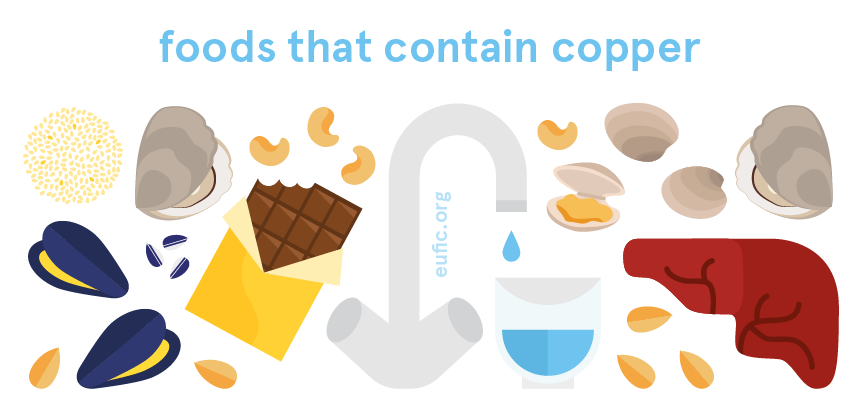
Does copper interact with other nutrients?
High intakes of iron and zinc can lower levels of copper in our bodies by reducing its absorption in the gut. However, this is rarely caused by the consumption of these minerals through foods alone.
What happens if I have too little copper?
Copper deficiency is not common since most people can get the recommended amounts for this mineral by eating a varied and balanced diet.
Copper deficiency is mainly caused by specific health conditions or genetic disorders that cause levels of copper to be lower than needed. Copper deficiency can have different impacts on our health, including anaemia, increased blood cholesterol, change of skin and hair colour, impaired immune function and damage of the nervous system.
What happens if I have too much copper?
It’s not common to get toxic amounts of copper from our diet since our bodies are quite efficient at keeping the levels of this mineral within a healthy range. Even if we exceed our daily needs, the extra copper is removed from our bodies through a substance produced in our livers called bile.
Nevertheless, healthy adults are advised not to have more than 5 mg of copper per day, which is about three times the DRV.
Toxic levels of copper in our bodies mainly result from specific health conditions or genetic disorders that cause our bodies to accumulate copper in amounts that cause damage to our vital organs.
Before taking copper supplements, check with your doctor or a registered dietitian/nutritionist or consult your national dietary guidelines.
When should I pay extra attention to my copper intake?
Copper deficiency is not a risk for the general population with a balanced diet since most people can get the recommended amounts for copper from a varied and balanced diet.
References
- European Food Safety Authority. 2015. Scientific Opinion on Dietary Reference Values for copper. EFSA Journal 2015;13(10):4253
- Public Health England. 2019. McCance and Widdowson’s Composition of Foods Integrated Dataset.
